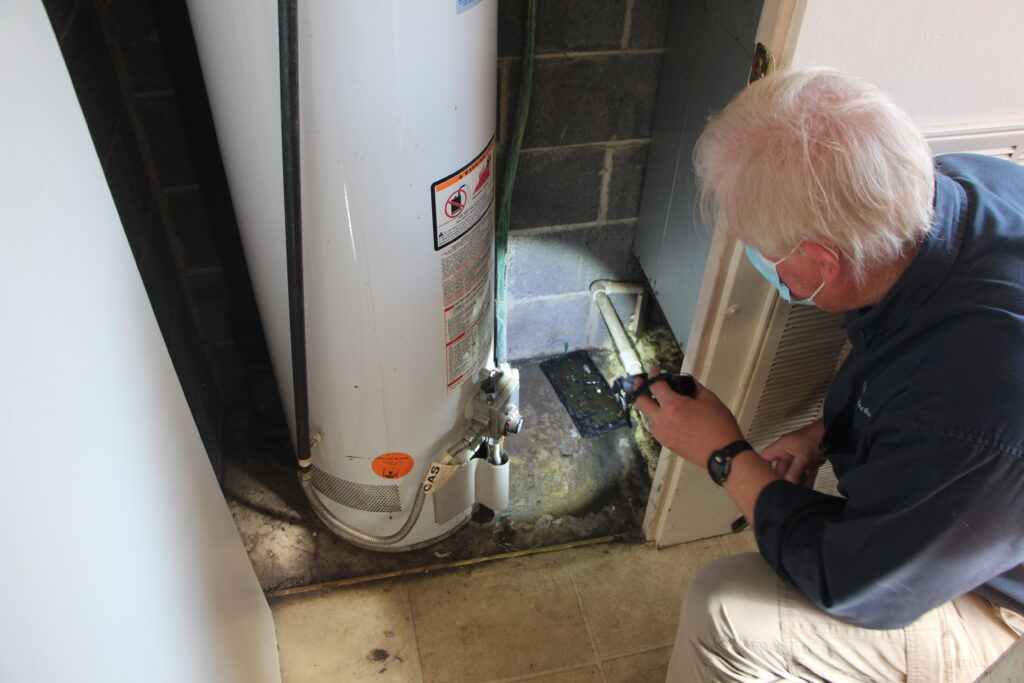The past few years have been quite a challenge in ways too many to count. The Covid pandemic has been beyond what anyone could have ever imagined. Everyone, in one way or another, was affected, with the economy being one of the biggest areas hit for many Americans. The housing market was not spared from the economic turmoil.

In 2021, the housing prices skyrocketed to astronomical levels and many home-buyers were left in a highly competitive market unable to buy homes with extremely low inventory. Home sellers took advantage and found themselves able to achieve higher offers than their asking price. This two-fold set of circumstances lead to homeowners quickly selling their homes and potential buyers left in the lurch.
Fewer homes on the market lead to what they call a “seller’s market.” The volatility of the housing market going into the spring of 2022 is similar to how it has been over the last year or more. According to CNN, in their article, “Thinking of Buying a Home in 2022, Here is What to Expect”, a shift in who and how houses are bought and sold, may change, but not quickly, so, unfortunately, continuing into this year we are faced with much of the same.
Due to the situation with the market, this has meant some homebuyers have had to forgo their housing inspections because of the competition and swiftness that houses were selling, it became somewhat of a “norm.”
Although a typical home inspection does not include a full mold inspection, water damage, water stains, and wet areas are often noted in the inspection and the seller’s disclosure. One may say to themselves, “Well what’s a little water in the attic or basement” and not consider what underlying factors may be present such as visible or even hidden mold growth. Mold should be kept in mind while considering buying a home. The presence of excessive mold spores in your home can result in toxic mold levels causing potential significant health issues, including respiratory issues, coughing, sneezing, and other allergy-type symptoms. This can be especially dangerous to immunocompromised individuals.

Mold remediation should be taken into consideration should mold be found in the home when making your purchasing decisions. The presence of mold decreases the value of the home you are about to purchase, yet with the market as such, mold is not taken into consideration and is often overlooked in the rushed, highly competitive house buying market we are seeing today.
So what can you do in a case where an inspection is not an option? What are the things the new potential home-buyers can look for related to mold and be prepared for in the event you do intend to buy a home and forgo the inspections?
- The first and most obvious signs of mold in your home, as stated previously, are signs of water damage. Long-term water damage inevitably leads to mold growth. Mold often, but not always, has a musty smell. If there is a persistent musty smell, chances are there is mold somewhere in the home.
- Visible signs of mold. Mold has many varieties however the aspergillus/penicillium species is what we often find in basements and crawlspaces that suffer water intrusion or high humidity conditions. Aspergillus/penicillium typically looks white or light grey and has a fuzzy look to it. Other species can appear gray, black, brownish-green.
- History of floods in the home as we saw with the houses in Downingtown after Hurricane Ida. If the flooded areas were not properly treated mold is likely to be present.
- Areas, where water is or has leaked, are prone to grow mold. Get the area repaired quickly. Mold in these areas is often more difficult to discover, especially if the mold is behind the walls or under the flooring.
Upon a visual inspection, if anything described above is found, you will need to have a mold inspection completed, regardless of whether you have forgone your original inspections. The cost of the mold inspection should be considered in your home-buying journey. A simple inspection can save you time and money in the future, prevent unwanted health issues, and if caught early can be remediated before your small spot of mold becomes a larger issue.



